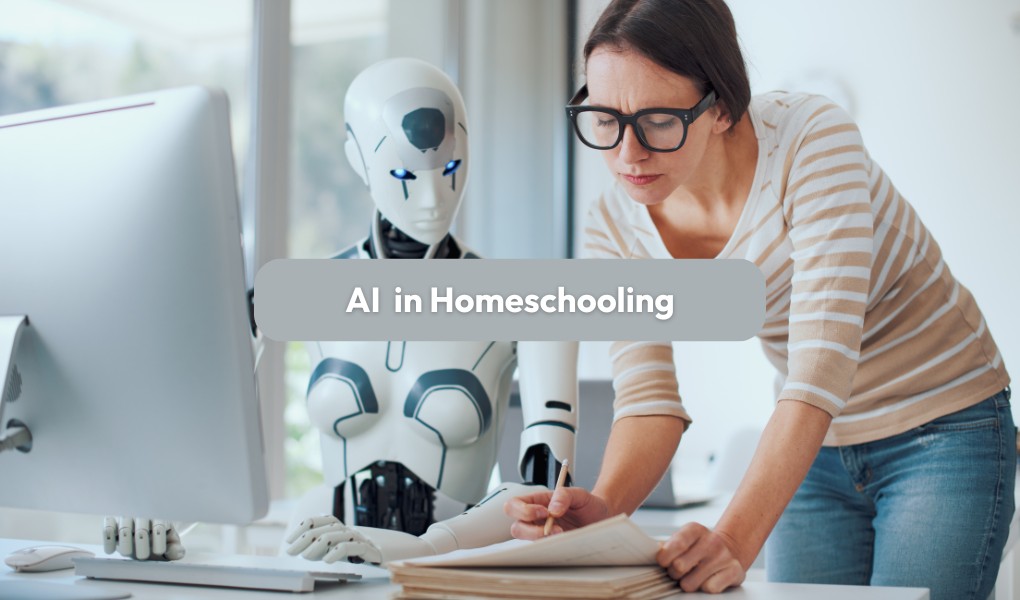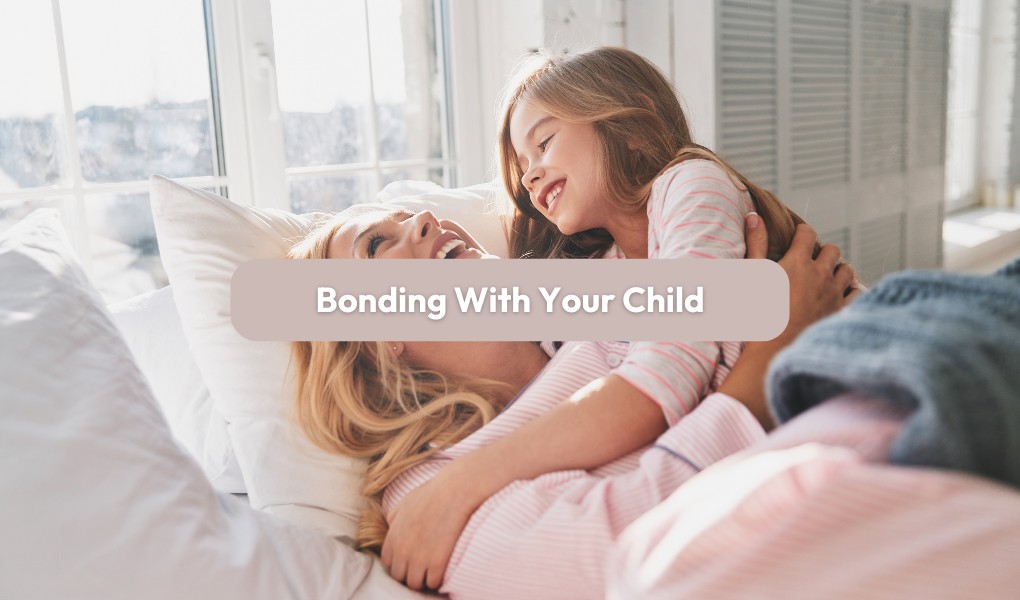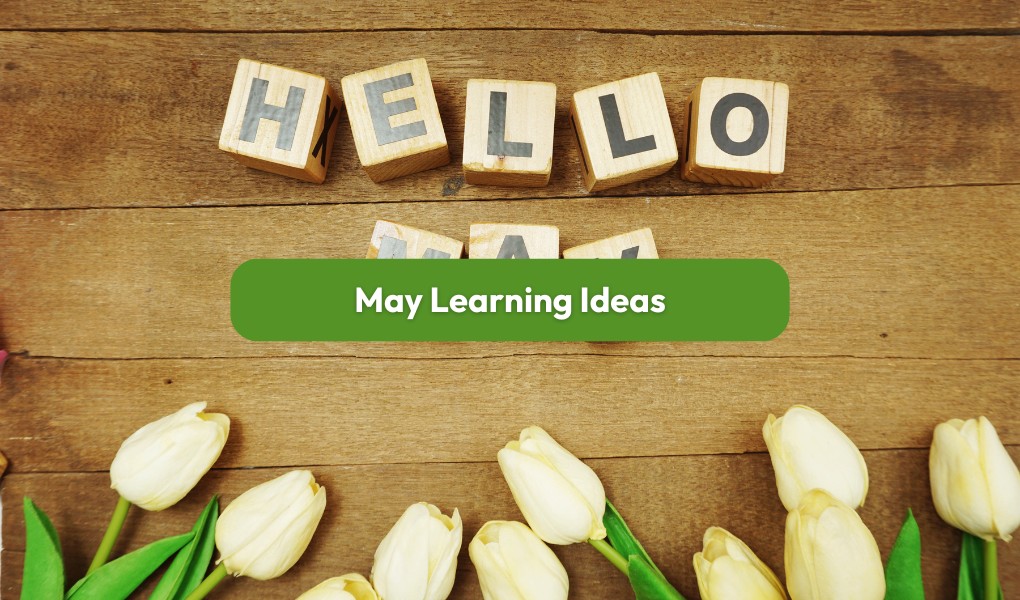In this post, we’re sharing the reality of home education and what it’s actually like compared to the misconceptions that many people have.


Contents
Home education is a choice for everyone, no matter who you are, and no matter whether your child has or hasn’t started school yet. But if you’ve never done something before, it’s hard to know what it’s going to be like. In this post, we’re sharing the reality of home education and what it’s actually like compared to the misconceptions that many people have.
What is Home Education?
When you think of home education, do you imagine it to be like school at home? Here’s where the misconception starts. Home education isn’t anything like school at home. Yes, some traditional schooling methods can be replicated, like structured timetables and more formal learning, but home education is actually made up of so much more.
We like to think of home education as a tree, where each branch represents a different style and method of learning, like unschooling, worldschooling, Charlotte Mason, etc. There’s no right or wrong way of home educating—only what works for your family, and you have the freedom to decide.
So, what is the definition of home education? Well, to put it simply, home education is your right to teach your children at home (or across the world) instead of sending them to school. It’s where you become responsible for your child’s education (and don’t worry you do not have to be a teacher to home educate). All you have to do is ensure that your child receives the education that is best for them.
It’s not about mimicking school at home; it’s about embracing a flexible way of learning that is completely individual to your child.
Related: Beginner’s Guide to Home Education
Why Do Families Choose to Home Educate?

There are a lot of reasons why families choose to home educate and everyone’s reasons are different and valid.
Here are some of the most common reasons why parents decide to take their children out of school or start home educating from the outset.
- Because they do not agree with the traditional schooling system
- Because of bullying and peer pressure
- Because their children’s needs, especial SEN, are not being met in school
- Because they feel it is the right choice
Families also choose to home educate:
- So that their children can follow their own interests
- To have more freedom and flexibility in EVERYTHING
- To make their children happier
- To give their children more experiences in life
- To teach their children valuable life skills
- To spend more time with their children
- To have a different lifestyle
These aren’t just reasons why parents choose to home educate their children, they’re also the benefits of home education. The best thing about home education is that it’s a choice, not an alternative, and it can be tailored to each individual and their needs.
What is Home Education Actually Like?

Home education will look different for every family because no two families will do things the same way or make the same decisions. But there are a lot of misconceptions around what it does look like, like people believing that it is school replicated at home.
There are also misconceptions about socialisation (and apparently the lack of it), how parents teach their children, and even how home educated children will turn out.
So, what is home education actually like?
Home education can look like:
- A completely flexible schedule filled with spontaneous day’s out and learning experiences
- Running errands as a family and making a unique discovery while out and about
- Travelling the world and visiting different countries
- Structured learning in a designated learning space at home
- Learning a new life skill
- Watching documentaries and films
- Learning for half an hour, a few hours each day, on set days, early in the morning, or even late at night
- Working through an online or physical curriculum
- Learning through apps, audiobooks and podcasts
- Going on a road trip and learning on the road
So you see, home education can look however you want it to. But for those who’ve never experienced it, the concept can seem both mysterious and intriguing. Let me share the realities of home education, including the joys, challenges, and the truths that might surprise you.
The Reality of Home Education
It’s not always Instagram perfect
You’ve probably seen those picture-perfect photos of how a day might look when home educating, whether it’s a tidy, aesthetically-pleasing learning space, children happily working on a project, or enjoying a scenic day out. The truth? Home education can be messy—literally and figuratively. It can look like children who aren’t always eager to learn or do certain things. It can look like the house has been turned upside down with crafts and experiments. It can be mentally draining and take a lot of patience and persistence.
But often the moments that aren’t Pinterest or Instagram-worthy are the most memorable and impactful. They’re the raw moments, the true signs of reality as a home educating family.
It can feel like a full-time job
If you already work full or even part-time and then you throw in home education, it can often feel like you’re never off the clock. As parents, the responsibility is on us to create meaningful learning experiences and to keep our children occupied throughout the day. This can be a job in itself, and you’re often left wondering when you’re going to fit in time for yourself.
The truth is, this feeling can vary from day to day. Some days, you feel like a super-parent who can get it all done and squeeze in some self-care. Other days, you’re left exhausted and overstimulated. That’s the thing about home education—no two days are the same. And whilst it might be a bit more challenging trying to home educate while also working full or part-time, it can be done.
Related: How to Successfully Home Educate When Working Full-Time
It brings you closer to your children
The beauty of home education is that you get to spend so much extra time together. If your child was to be in school, think about all the time you would miss out on spending with them. Being able to home educate truly brings you closer to your children and strengthens your family’s bond.
Learning really does happen anywhere
We’re not kidding when we say that learning really does happen anywhere. Even as adults, we are constantly learning new things in our daily interactions and from different experiences, and it’s no different for a child. Remember, learning goes beyond the textbooks.
The great thing about home education is that children aren’t restricted by what they can learn and they aren’t made to follow a set curriculum that they have no interest in. When children have the freedom and flexibility to learn, it can happen anywhere, at any time.
Doubts come and go constantly
Whilst you may be confident in your decision to home educate, there will likely come a time when the doubts start to creep in. It’s normal for these doubts to come and go. Everyone has them, and they can often be brought on by something or someone triggering them.
Doubting yourself doesn’t mean you’re necessarily doing anything wrong, and it doesn’t mean you’ve made the wrong choice, either. Don’t be fooled into thinking that home education isn’t right for you if you have a little wobble from time to time.
Related: How to Tackle Doubts About Home Education
Burnout is real
It’s true. You will likely experience burnout when home educating. After all, it’s an extra responsibility that we take on amongst the many others that we have as parents. But that doesn’t mean that it can’t be prevented.
As we all know, burnout happens from taking on too much and not having enough time for self-care. Home education can be overwhelming but it doesn’t need to be. Remember, you don’t have to have the entire day planned out and organised all the time. It’s healthy to have flexibility or no plans at all.
Related: How to Practise Self-Care While Home Educating
Socialisation is different, but in a good way
One of the biggest concerns about home education (from people who don’t understand it) is that home educated children do not get enough proper socialisation. It’s true that socialisation is nothing like it is in schools. Yes, it’s different, but in a good way.
Instead of being in a classroom with the same group of people every day, home educated children develop natural friendships because they happen more organically. They also get to meet people of all different ages and from different backgrounds, which is a lot more beneficial for them than constantly being around the same age group.
Home education is about giving children the freedom to make their own choices, like who they want to make friends with. Schools restrict this choice because children don’t have many options, and they can’t get away from people that they wouldn’t naturally get along with.
There’s always a new life skill to learn
The reality of home education is that children, and adults, are always learning—and it’s usually a useful life skill. What school fails to teach, home education provides. We grow up realising that school never taught us the skills that we actually need in life, but home educating our children allows them to learn the skills that we never did.
Whether it be learning financial skills or personal skills, you’ll find that it makes up a big part of what home education is about.
Related: The Ultimate List of Life Skills to Teach Children
It can be challenging
Home education isn’t a straight line; it’s filled with ups and downs. And the reality is that you will face challenges whether you’re a new home educator or have been home educating for years.
Parents face the challenge of wearing many hats. You’re not just a home educator, you’re a parent and an organiser. Trying to juggle these different roles isn’t easy and it takes time and patience.
Children may face the challenge of having to adapt to home education, especially after being deregistered from school. The transition period can be difficult to navigate because school and home education are so different.
Other challenges include trying to juggle work and personal commitments alongside home education, as well as financial and time costs. Despite these challenges, you’ll nearly always find ways to overcome them and, like everything, you learn so much from them.
It’s as flexible as you want it to be
Flexibility is, without a doubt, one of the greatest benefits of home education. And though it might sound cliché, it really does open up so many doors of opportunity. There’s freedom in having flexible schedules, being able to learn anywhere, and adapt or change things whenever you need to.
And if you prefer life with a bit more structure, that’s great! You can be organised and embrace flexibility when it’s right for you.
The misconception about having flexibility when home educating is that children will sit around and do nothing, but that is far from the truth. Flexibility is about being able to decide when and where the right choices should be made. It’s having the freedom to choose and the discipline to do what needs to be done.
You invest more time than money
A concern for many families who want to home educate is that it will cost too much money, but the reality is you invest a lot more time into home education than you do money. Truthfully, home education costs as much as you want it to.
You don’t need to have endless learning supplies and equipment, and you don’t need to spend loads of money on days out or specific activities and clubs. If spending too much money is what you are worried about, then having a budget really helps.
Time is your biggest investment with home education because it can take up a lot of it, but that’s not necessarily a bad thing. Think of all the experiences and memories that you’ll make as a family simply by being able to spend more time with them and giving them the education they deserve.
You learn just as much as your children do
It’s not just your children that will benefit from home education; you will too, and you’ll be surprised at how much you learn. In fact, you’ll likely be wishing that you’d been home educated! But you know what, there’s something so refreshing and enjoyable about being able to learn things all over again.
So, here’s your reality check for home education:
Not every day is smooth. Sometimes children are cranky, things don’t go as planned, or life throws a curveball. But those moments are part of the journey and they’re well worth the lifelong memories.
Is Home Education Right For Your Family?
The important thing to remember is that home education isn’t one-size-fits-all. It’s different for every family and it will be different for yours. So, how do you decide if home education is right for you?
Here are some questions to ask yourself to help you decide!
- Is your child happy in school?
- Does the choice to home educate feel right?
- How will your life look different if you decide to home educate?
- Why do you want to home educate or why does it appeal to you?
- What kind of learner is your child?
- Are you happy balancing work, personal, and educational commitments?
- Are you comfortable taking responsibility for your child’s education?
- What are your long-term goals?
Remember, there’s no right or wrong answer when it comes to home education—it’s all about what works best for your family. It’s your choice, and your journey. Enjoy it.

m@liberated
Want more from Liberated to Learn?
Subscribe to stay updated about new posts, resources and giveaways!












